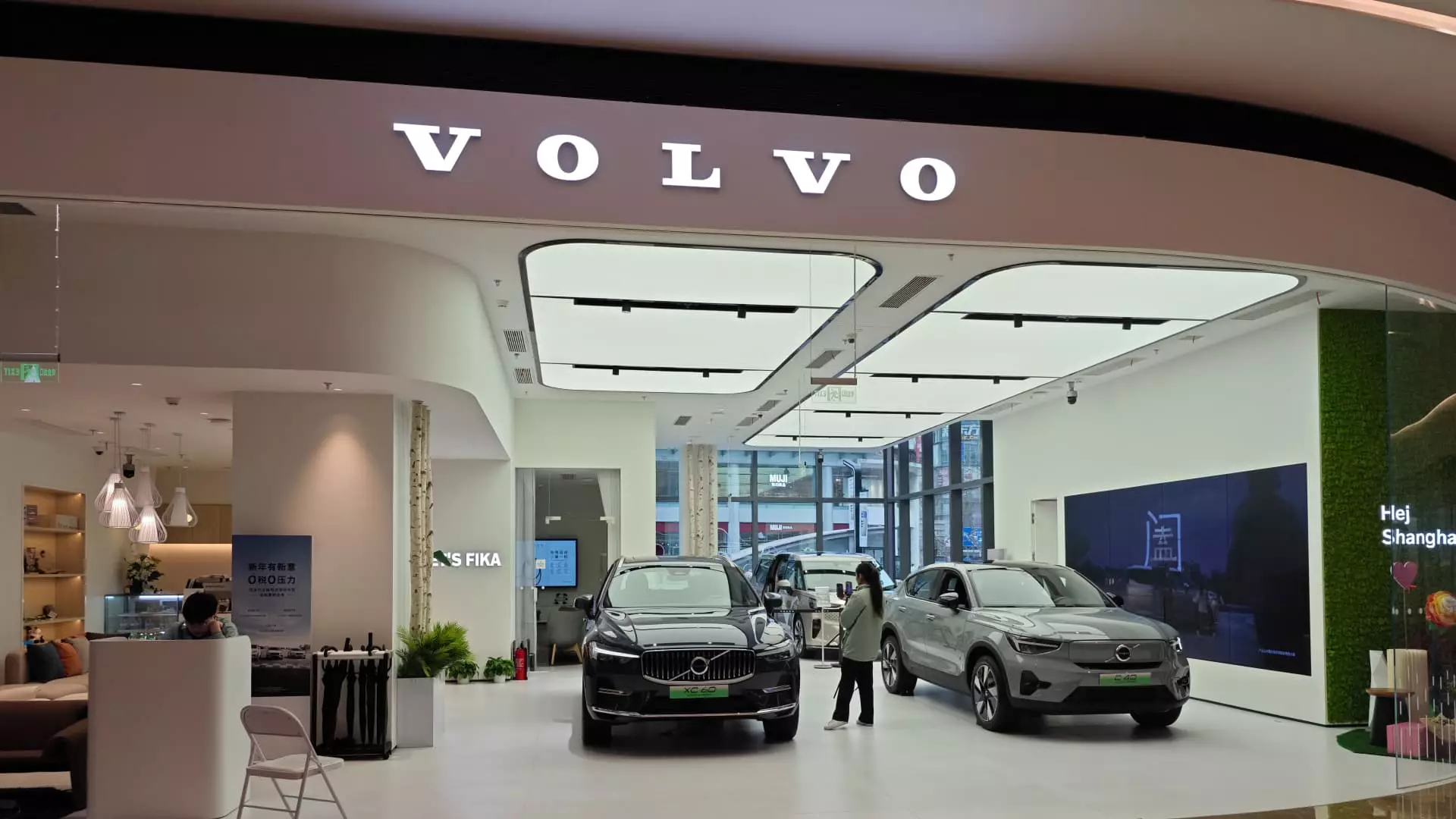Volvo Cars recently announced a significant shift in its margin and revenue targets, marking a departure from its initial goals. The Swedish automaker, majority-owned by China’s Geely Holding, has revised its EBIT margin goal to 7-8% by 2026, down from its previous target of “above 8%.” The decision to scale back its margin target was attributed to the “increased complexity especially in relation to global trade and tariffs.”
In addition to adjusting its margin targets, Volvo Cars also revised its revenue targets, opting to focus on “continuing to outgrow the premium car market until 2026” rather than adhering to its earlier revenue goal of between 500 billion Swedish kronor ($48.6 billion) and 600 billion kronor. The decision reflects the dynamic nature of the automotive industry, where ever-shifting international trade disputes and tariffs have become significant challenges for automakers.
Shift in Electric Vehicle Strategy
One of the most notable changes in Volvo Cars’ strategy is its decision to no longer target 100% all-electric vehicle sales by 2030. While the company remains committed to electric vehicle sales in the long term, it has adjusted its target range to 90-100%, allowing for the continued sale of mild hybrid models. This shift was motivated by several factors, including consumer demand, slow rollout of charging infrastructure, withdrawal of government incentives, and uncertainty surrounding tariffs on EVs.
Volvo Cars’ decision reflects broader challenges in the automotive industry related to the electric vehicle transition. Many automakers have struggled with underwhelming demand for electric vehicles, as consumers express concerns about charging infrastructure and range limitations. Despite these challenges, Volvo Cars has extended its partnership with U.S. chip giant Nvidia to develop advanced driving assistance and autonomous driving features. The company is also focusing on streamlining its technology stack to reduce the costs of EV manufacturing.
Recent sales data released by Volvo Cars showed a 3% year-on-year increase in global sales in August, with a significant growth in Europe but a decline in China. Fully-electric and plug-in hybrids accounted for nearly half of the vehicle sales in August 2024, highlighting the increasing popularity of electric vehicles in certain markets. The company’s commitment to electric and plug-in hybrid models remains strong, even as it navigates challenges in the global automotive market.
Volvo Cars’ decision to adjust its margin and revenue targets, along with its modified electric vehicle strategy, reflects the complex and ever-changing nature of the automotive industry. By acknowledging current market trends and challenges, the company aims to position itself for long-term success in a competitive landscape. Adaptability and strategic partnerships will be key as Volvo Cars continues its journey towards electrification and innovation.

